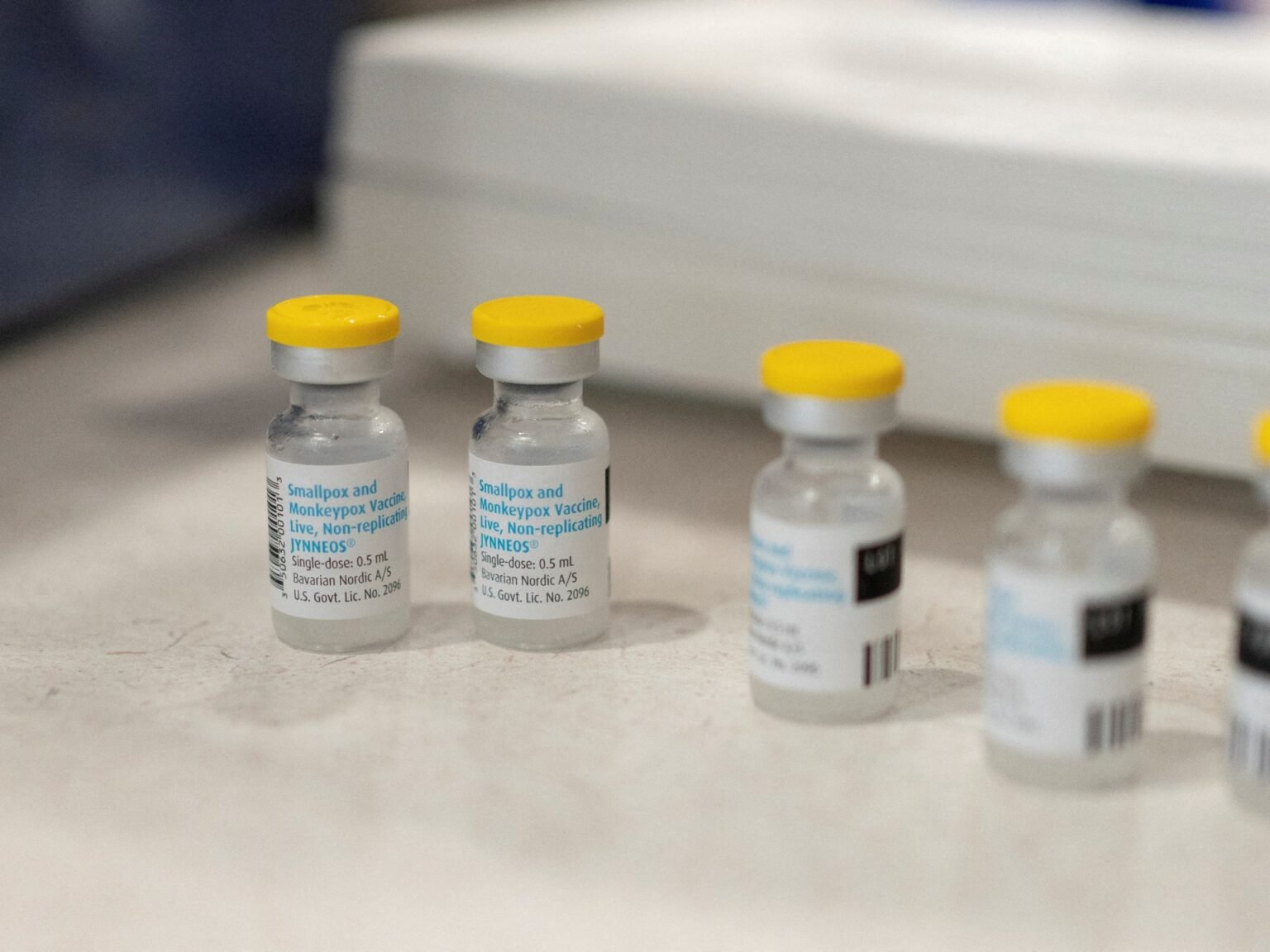The World Health Organization (WHO) has approved a new diagnostic test for mpox that will provide immediate results, increasing testing capabilities in countries experiencing outbreaks. The “real-time PCR test,” Alinity m MPXV assay, allows for the detection of the virus by testing swabs of skin lesions. This test will help health workers confirm suspected cases more efficiently, as currently, patients have to wait days for results. The approval of this test is seen as a crucial step in expanding diagnostic capacity in countries facing mpox outbreaks, where the need for quick and accurate testing has increased significantly.
Mpox, a virus transmitted through human-to-human contact and contact with infected animals, has been detected in 16 African countries this year. More than 800 people across the continent have died from the disease, which presents with symptoms such as fever, aches, and skin lesions. The new test allows for the efficient and effective confirmation of suspected mpox cases by detecting DNA from pustular or vesicular rash samples. Limited testing capacity and delays in confirming mpox cases have contributed to the continued spread of the virus in Africa, making the approval of this test a critical development in the fight against the disease.
The WHO’s assistant director-general for access to medicines and health products, Yukiko Nakatani, highlighted the significance of the approval of the first mpox diagnostic test under the Emergency Use Listing (EUL) procedure. This milestone will expand testing availability in affected countries and improve access to quality-assured medical products. The WHO is evaluating three new mpox diagnostic tests for emergency use and is in discussions with other manufacturers to further expand the availability of diagnostic tools. The EUL procedure allows for a risk-based assessment of unlicensed vaccines, tests, and treatments to expedite their availability during public health emergencies, such as the ongoing mpox outbreak.
The latest mpox outbreak began in the Democratic Republic of the Congo (DRC) and has since spread to neighbouring countries, including Burundi, Uganda, and Rwanda. Two strains of the virus are currently spreading: the clade 1 variant, which is endemic in parts of West and Central Africa, and clade 1b, a new, more infectious variant that has raised international concern. Cases of the clade 1b variant of mpox have been reported in India, Thailand, and Sweden, underscoring the global impact of the outbreak. The approval of the Alinity m MPXV assay test and the ongoing evaluation of new diagnostic tools are critical steps in containing the spread of the virus and protecting populations, especially in underserved regions where access to testing and medical products may be limited.
In response to the global public health emergency declared by the WHO for the second time in two years, manufacturers were asked to submit their products for emergency review, leading to the approval of the new diagnostic test. Ensuring access to quality-assured medical products is essential in efforts to contain the spread of the virus and protect populations vulnerable to mpox. The approval of the Alinity m MPXV assay test is a significant advancement in the fight against the disease and will aid in improving testing capabilities in countries facing outbreaks, ultimately helping to control and mitigate the impact of the ongoing mpox outbreak.

